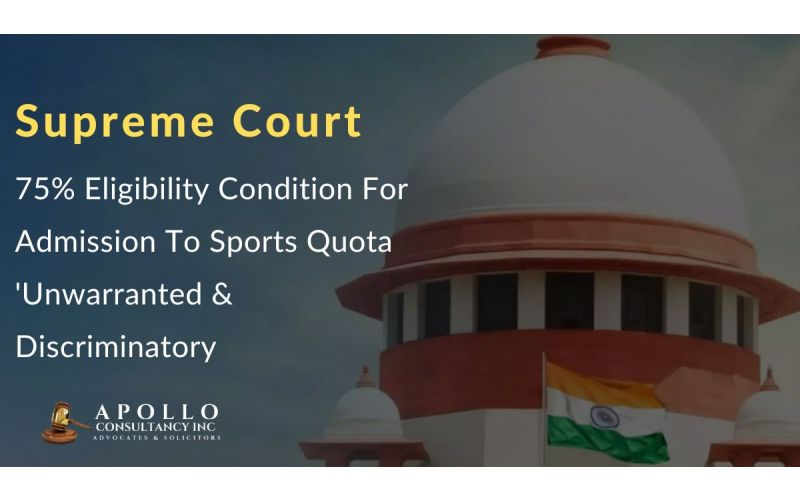Navigating the Latest GDPR Updates: What Solicitors Need to

Navigating the Latest GDPR Updates: What Solicitors Need to Know
The General Data Protection Regulation (GDPR) remains a cornerstone of data protection in the EU. Since its implementation in 2018, several updates have refined its application, addressing evolving data privacy concerns. For solicitors, understanding these changes is crucial for advising clients and ensuring compliance. Here’s an overview of the latest GDPR updates and their impact on legal practice.
Key GDPR Updates
1. Data Transfer Mechanisms
A significant recent development involves data transfers outside the European Economic Area (EEA). Following the Schrems II decision by the Court of Justice of the European Union (CJEU), which invalidated the Privacy Shield framework, new standards for data transfers were introduced. The European Commission updated the Standard Contractual Clauses (SCCs), ensuring that data protection levels are maintained even when data is transferred to third countries.
Impact on Solicitors: Review and update any data transfer agreements involving third countries to comply with the new SCCs. This may require renegotiating contracts to incorporate the new clauses and conducting thorough due diligence.
2. Increased Fines and Enforcement Actions
There has been a noticeable increase in GDPR enforcement, with significant fines imposed for non-compliance. The European Data Protection Board (EDPB) has coordinated cross-border enforcement actions, reflecting a more stringent approach to data privacy violations.
Impact on Solicitors: Advise clients on the heightened risks of non-compliance and assist in implementing robust data protection measures. Regular audits, staff training, and ensuring data processing activities meet GDPR standards are essential steps.
3. Expanded Data Subject Rights
Recent updates have enhanced data subject rights, especially regarding automated decision-making and profiling. Individuals now have more control over how their data is used, with stricter requirements for obtaining explicit consent.
Impact on Solicitors: Guide clients in revising consent mechanisms and ensuring transparency in data processing. Update privacy notices and make it easy for data subjects to exercise their rights.
Practical Compliance Steps
1. Conduct Regular GDPR Audits
Regular audits are vital to ensure ongoing compliance. Review data processing activities, consent mechanisms, data transfer agreements, and security measures to identify and address potential gaps.
2. Update Contracts and Policies
Ensure all contracts, particularly those involving data transfers, are updated to reflect the latest GDPR standards. Review and revise privacy policies for transparency and compliance.
3. Enhance Data Protection Measures
Implement robust data protection measures, such as encryption, access controls, and regular security assessments, to mitigate the risks associated with data breaches and unauthorized access.
4. Train Staff on GDPR Compliance
Regular staff training is crucial for maintaining GDPR compliance. Ensure employees understand their responsibilities and know how to handle personal data appropriately.
Conclusion
The latest GDPR updates highlight the importance of rigorous data protection practices. For solicitors, staying informed about these changes and advising clients accordingly is crucial. Conduct regular audits, update contracts and policies, enhance data protection measures, and train staff to ensure compliance and mitigate data privacy risks. Navigating these updates effectively will protect clients and enhance the overall data protection landscape.
By adhering to these practices, solicitors can help clients navigate the complexities of GDPR, ensuring both compliance and protection against potential fines and reputational damage.
Post Categories
Featured Posts
Latest Posts
Latest Posts

Eligibility Condition For Admission To Sports Quota Unwarranted Discriminatory...
The Supreme Court has held that the eligibility condition of minimum marks does not promote the object of introducing the sports quota and such criterion subverts the object and falls afoul of the equality clause in Article of...

How Mediation Works Step-by-Step Process for Businesses...
nbsp is no longer just an option mdash it rsquo s becoming the preferred method for Indian businesses to resolve disputes quickly and professionally From vendor conflicts and payment delays to joint venture disagreements mediation offers a structured confidential and...

Navigating the Complexities of Corporate Commercial Laws Key Considerations for Businesses...
In today's dynamic business landscape understanding and complying with corporate and commercial laws are paramount for organizations aiming to thrive and expand From formation and governance to contractual relationships and regulatory compliance adherence to legal frameworks is essential for maintaining...

Adoption Rights for LGBTQ Couples Legal Challenges in India...
We recognize that the right to adopt is one of the most debated and sensitive issues for LGBTQ couples in India Despite increasing societal awareness and progressive judicial rulings the Indian legal framework still presents substantial challenges for LGBTQ individuals...

Supreme Court Issued contempt Notice to Patanjali Ayurved its MD for Misleading ads On...
The Supreme Court on Tuesday February came down heavily on Patanjali Ayurved for continuing to publish misleading advertisements regarding medicinal cures despite making an assurance to the Court earlier in November last year that no such statements would be...

Children Of Invalid Marriages Have Right In Their Parents Share In Hindu Joint Family...
The Supreme Court on Friday September pronounced a judgment recognizing the rights of children born out of invalid marriages in their parents rsquo share in Hindu joint family property The Court held that children born out of void voidable marriages...

Speak With Our
Get a Appointment
















